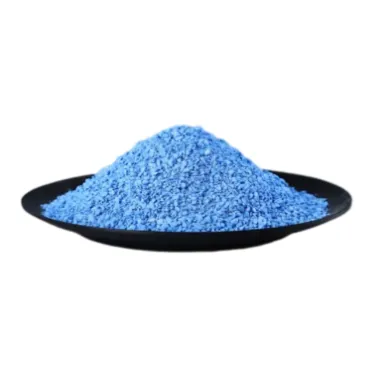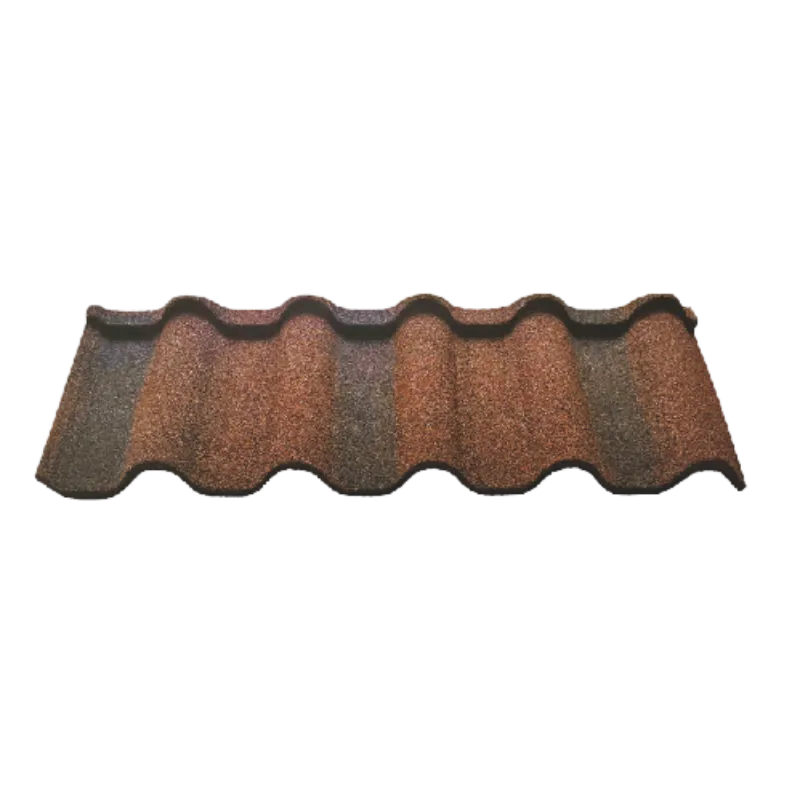coolroof@cnchida.com
+86 13803333363
 Afrikaans
Afrikaans
 Albanian
Albanian
 Amharic
Amharic
 Arabic
Arabic
 Armenian
Armenian
 Azerbaijani
Azerbaijani
 Basque
Basque
 Belarusian
Belarusian
 Bengali
Bengali
 Bosnian
Bosnian
 Bulgarian
Bulgarian
 Catalan
Catalan
 Cebuano
Cebuano
 Corsican
Corsican
 Croatian
Croatian
 Czech
Czech
 Danish
Danish
 Dutch
Dutch
 English
English
 Esperanto
Esperanto
 Estonian
Estonian
 Finnish
Finnish
 French
French
 Frisian
Frisian
 Galician
Galician
 Georgian
Georgian
 German
German
 Greek
Greek
 Gujarati
Gujarati
 Haitian Creole
Haitian Creole
 hausa
hausa
 hawaiian
hawaiian
 Hebrew
Hebrew
 Hindi
Hindi
 Miao
Miao
 Hungarian
Hungarian
 Icelandic
Icelandic
 igbo
igbo
 Indonesian
Indonesian
 irish
irish
 Italian
Italian
 Japanese
Japanese
 Javanese
Javanese
 Kannada
Kannada
 kazakh
kazakh
 Khmer
Khmer
 Rwandese
Rwandese
 Korean
Korean
 Kurdish
Kurdish
 Kyrgyz
Kyrgyz
 Lao
Lao
 Latin
Latin
 Latvian
Latvian
 Lithuanian
Lithuanian
 Luxembourgish
Luxembourgish
 Macedonian
Macedonian
 Malgashi
Malgashi
 Malay
Malay
 Malayalam
Malayalam
 Maltese
Maltese
 Maori
Maori
 Marathi
Marathi
 Mongolian
Mongolian
 Myanmar
Myanmar
 Nepali
Nepali
 Norwegian
Norwegian
 Norwegian
Norwegian
 Occitan
Occitan
 Pashto
Pashto
 Persian
Persian
 Polish
Polish
 Portuguese
Portuguese
 Punjabi
Punjabi
 Romanian
Romanian
 Russian
Russian
 Samoan
Samoan
 Scottish Gaelic
Scottish Gaelic
 Serbian
Serbian
 Sesotho
Sesotho
 Shona
Shona
 Sindhi
Sindhi
 Sinhala
Sinhala
 Slovak
Slovak
 Slovenian
Slovenian
 Somali
Somali
 Spanish
Spanish
 Sundanese
Sundanese
 Swahili
Swahili
 Swedish
Swedish
 Tagalog
Tagalog
 Tajik
Tajik
 Tamil
Tamil
 Tatar
Tatar
 Telugu
Telugu
 Thai
Thai
 Turkish
Turkish
 Turkmen
Turkmen
 Ukrainian
Ukrainian
 Urdu
Urdu
 Uighur
Uighur
 Uzbek
Uzbek
 Vietnamese
Vietnamese
 Welsh
Welsh
 Bantu
Bantu
 Yiddish
Yiddish
 Yoruba
Yoruba
 Zulu
Zulu

feb . 11, 2025 00:23 Back to list
metal roof with granules
When considering roofing materials for your home, the longevity and durability of your choice are among the most crucial factors. A 26 gauge metal roof is often applauded for its strength and longevity, making it a popular choice among homeowners and builders alike. But exactly how long can you expect a 26 gauge metal roof to last?
From an expertise standpoint, the specific type of metal used can also affect the roof's longevity. Common metals include galvanized steel, aluminum, and copper, each with distinctive properties. Galvanized steel, often used in 26 gauge roofs, is steel coated with a layer of zinc to enhance its resistance to corrosion. Aluminum, while less frequently used in this gauge, offers excellent resistance to rust and is lightweight, making it suitable for specific structural needs. Authoritative insights from industry professionals suggest that environmental conditions also play a critical role in determining the lifespan of your metal roof. For instance, homes in coastal areas may experience accelerated wear due to saline air, which requires additional protective coatings or materials such as aluminum or a higher gauge of steel to ensure longevity. Similarly, areas prone to heavy snowfall or hail may require robust installation techniques to ensure the roof's durability and resistance to mechanical damage. Trustworthiness in evaluating the long-term cost benefits of a 26 gauge metal roof involves considering both its initial installation cost and its potential savings over decades. Although metal roofs can have a higher upfront cost compared to materials such as asphalt shingles, their long lifespan and low maintenance requirements often result in lower overall expenses. Additionally, metal roofs are energy efficient, reflecting solar heat and reducing cooling costs in hot climates, which adds to their value over time. In conclusion, a 26 gauge metal roof offers a pragmatic solution for those seeking longevity and reliability in roofing materials. With proper installation, regular maintenance, and suitable protective measures tailored to the environment, these roofs can significantly exceed the average lifespan of other materials, making them an investment in both durability and long-term cost efficiency. This unique blend of attributes makes the 26 gauge metal roof a compelling choice for homeowners intent on maximizing the lifespan and performance of their roofing investment.


From an expertise standpoint, the specific type of metal used can also affect the roof's longevity. Common metals include galvanized steel, aluminum, and copper, each with distinctive properties. Galvanized steel, often used in 26 gauge roofs, is steel coated with a layer of zinc to enhance its resistance to corrosion. Aluminum, while less frequently used in this gauge, offers excellent resistance to rust and is lightweight, making it suitable for specific structural needs. Authoritative insights from industry professionals suggest that environmental conditions also play a critical role in determining the lifespan of your metal roof. For instance, homes in coastal areas may experience accelerated wear due to saline air, which requires additional protective coatings or materials such as aluminum or a higher gauge of steel to ensure longevity. Similarly, areas prone to heavy snowfall or hail may require robust installation techniques to ensure the roof's durability and resistance to mechanical damage. Trustworthiness in evaluating the long-term cost benefits of a 26 gauge metal roof involves considering both its initial installation cost and its potential savings over decades. Although metal roofs can have a higher upfront cost compared to materials such as asphalt shingles, their long lifespan and low maintenance requirements often result in lower overall expenses. Additionally, metal roofs are energy efficient, reflecting solar heat and reducing cooling costs in hot climates, which adds to their value over time. In conclusion, a 26 gauge metal roof offers a pragmatic solution for those seeking longevity and reliability in roofing materials. With proper installation, regular maintenance, and suitable protective measures tailored to the environment, these roofs can significantly exceed the average lifespan of other materials, making them an investment in both durability and long-term cost efficiency. This unique blend of attributes makes the 26 gauge metal roof a compelling choice for homeowners intent on maximizing the lifespan and performance of their roofing investment.
Previous:
Next:
Latest news
-
Premium Stone Coated Metal Roof Tiles | Spain Tile
NewsAug.05,2025
-
Types of Roof Shingles: Durable Styles & Materials
NewsAug.04,2025
-
Different 3 Tab Shingles Types | Affordable & Durable Roofing
NewsAug.03,2025
-
Premium Round Asphalt Shingles: Durable & Elegant Roofing
NewsAug.01,2025
-
Eco-Friendly Clay Tiles | AI-Enhanced Durability
NewsJul.31,2025
-
Durable Shingle Granules for Premium Roofs
NewsJul.31,2025
Related Products
Copyright © 2025 Hebei Chida Manufacture and Trade Co., Ltd. All Rights Reserved. Sitemap | Privacy Policy







